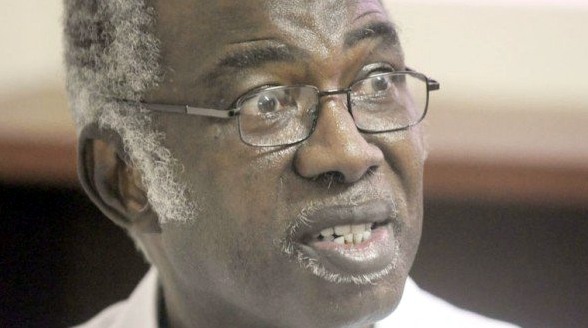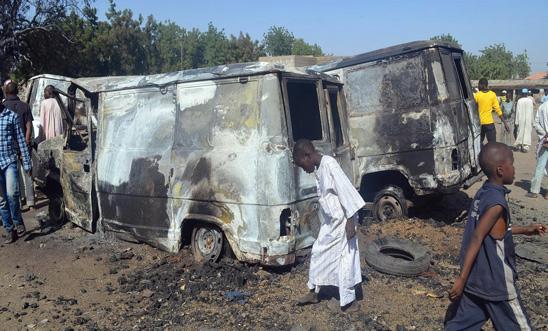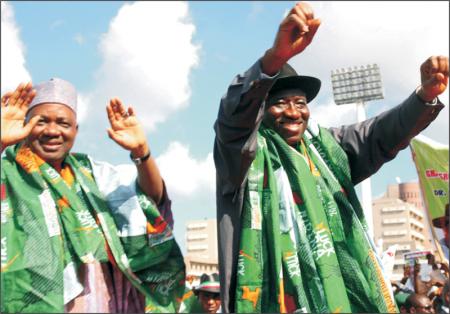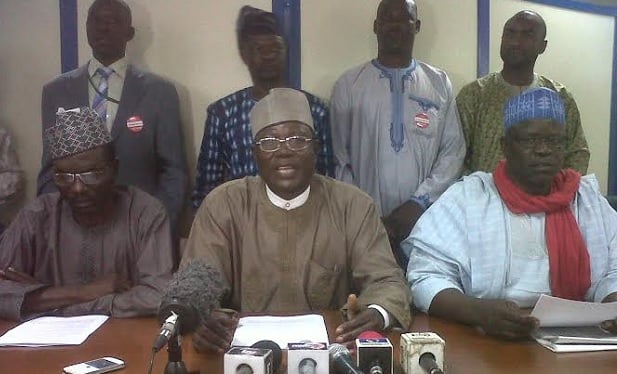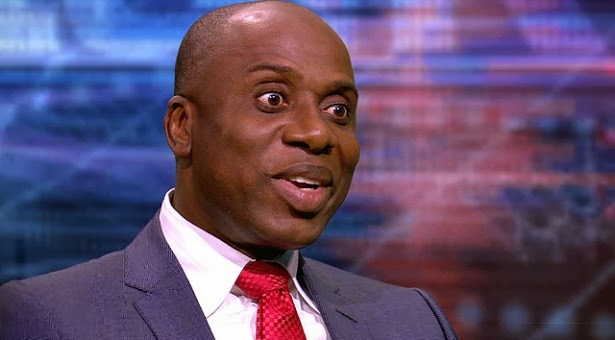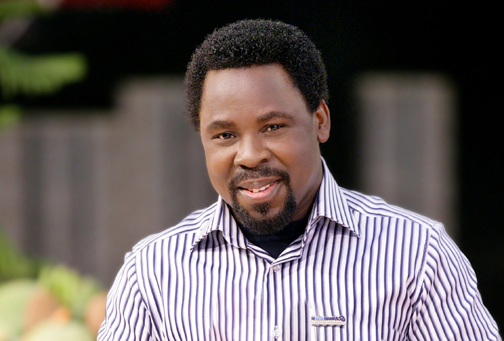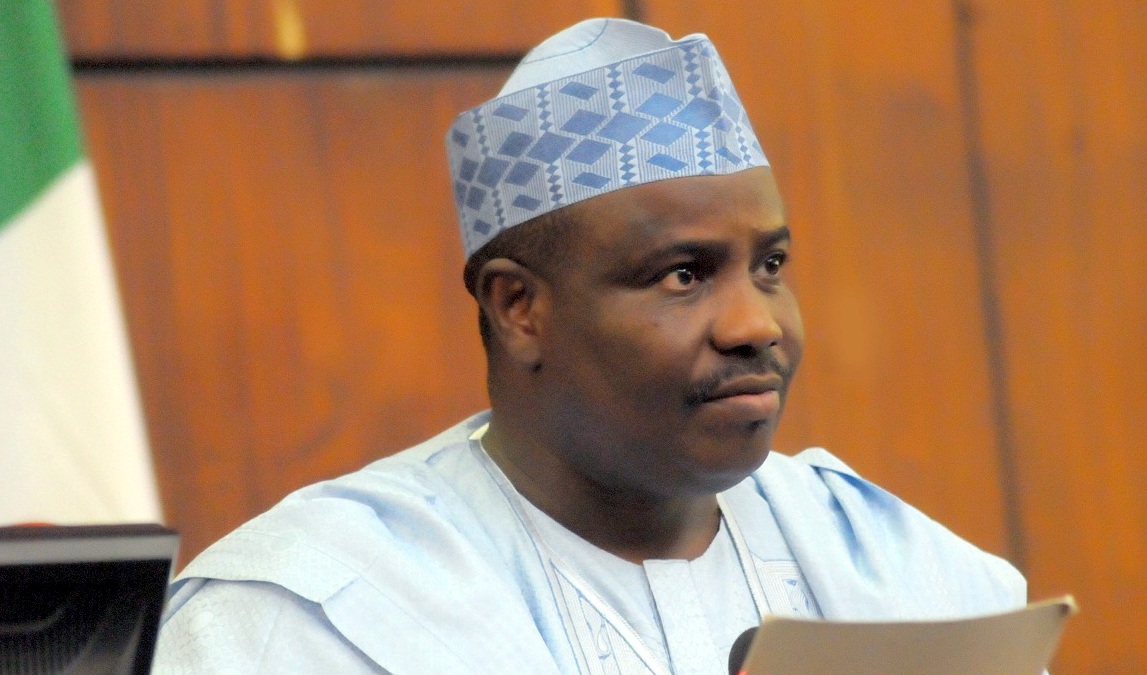There is no doubt that a lot of things came together to make this work. The President of the Federal Republic of Nigeria signed a National Emergency Order which was timely and effective in coordinating the activities of diverse law enforcement and health agencies. What he did was to empower an Ebola crisis group comprising of the state, federal and international agencies. It empowered them and gave them the tools and assets of national security which they used quite effectively in contact tracing. For example, a lot of the people who they needed to contact trace ran away because of the stigma and the only way to track them was to use the executive powers of the law signed by the president. Then at the state level, the Governor of Lagos hurried back from the Hajj to take control of efforts to establish the treatment centre, ensuring that it was kitted out and upgraded as was required. The Commissioner of Health for Lagos also hurried back from an assignment to help. So there was the sense of urgency from the state government. Of course the Health Minister participated by sending public health and CDC officials to Lagos. The coordinator for First Consultants in this whole process was Dr. Adadevoh. She provided a detailed list of contacts and gave to the contact group. She distributed thermometers and charts. We worked with the Contact Group and the Executive Crisis Group in maintaining contact with our international associates that we have been working with in providing guidelines, standards and methods for the disposal of bodies, the next steps, best practices. WHO sent their best chief technical officer to Nigeria to begin the full decontamination of first consultants. It was done by W.H.O using our international network. From the office of the Secretary of Health in the US, to the CDC in Atlanta, to the WHO regional office and labs all worked together to decontaminate First consultants as a ground zero of this Ebola crisis in Nigeria. We were all right here in this office making sure that whatever had to be done was being done.
This Hospital and its people did everything that we could to stop Ebola spreading beyond our walls. There is no question about that. We leveraged all of the relationships we have developed over the years. When we made contact with the office of the Secretary of Health of the US government, they yielded without complaint and helped in every way that we requested. They did everything that they could to help us.. We will always be grateful to them. We notified the Association of Nigerian Physicians of America and two of their leaders, the past leader Dr. Mike Etomi, the present leader Dr. Nkem Chukwumerije and the whole group rallied round us. They were pushing all kinds of buttons to ensure that we got the best advice possible. You’ll be surprised to know now that within the group of doctors taking care of the two Americans at the Emory hospital, there was a Nigerian who is one of the senior members. What I did everyday was to talk to all of my staff that were inside the treatment centre by phone, then take notes of their symptoms. I communicated these to the group taking care of these two Americans. What we learned in the process is tremendous because they were able to break down what they were doing at a high tech level into a low tech level. I am sure that the advice they gave us was helpful to us in saving a few more lives. So you can see how Nigerians both at home and abroad were very helpful.
What has this crisis cost you financially and socially?
Let me start by saying the most important equipment in a hospital are the people. No institution should ever lose the volume and calibre of personnel that we did. It has been a huge loss to us. Then we have the people that are traumatised. Here you have the pictures of the equipment that were taken away for destruction because of contact with Sawyer – lab equipment, monitoring equipment, cleaning equipment, nursing equipment, emergency room equipment, laundry equipment. etc. A substantial amount of equipment and material was destroyed. Our plumbing work was pulled down and relayed too. We were shut down for over two months but still had to pay wages and meet other obligations, including to families of victims of Ebola. It has been tough.
Advertisement
How have you coped financially and has any arm of government come to your rescue?
The cost to us has been tremendous really. The cost in people is beyond bearable. We have suffered financially too and are only surviving today through the generosity of friends – through the goodness of institutions that appreciate that we took a heavy hit to our finances and reputation for the public good. The first person to come to our rescue was Mr. Atedo Peterside. We are indebted to him. The next was Seplat’s A.B.C Orjiakor, Channels Television, Tunde Ayeni, Diamond Bank. There are a few others. These people have been there for us. We are grateful to them for helping to keep this hospital open, to do what we do best – treat patients. We have not received any government support yet though we are aware that the Lagos State government has made a significant pledge. We know that the Governor will honour the pledge. Governor Fashola is a true gentleman. He has visited us here. He has received survivors in his office. He has been compassionate towards us, showing understanding of our plight.
Can you put a figure on what you have lost in financial terms and the toll it is taking even up till now?
Advertisement
How do we put a figure on the lives of some of Nigeria’s most competent, professional, disciplined and committed medical personnel? How do we quantify the losses suffered as a result of over two months of being shut down from operations? No patient walked through our doors for over two months, yet we continued to pay salaries and other operating costs. How do we quantify the stigmatisation that has continued to keep people away from here. This was a very busy facility, right in the heart of Lagos. You can see yourself how quiet it is. We are less than 10% the strength of our business before Patrick Sawyer. This is why we are happy to talk to people like you because you have a role to play in the whole de-stigmatisation process. Once you realise that what we did we did for you and for everybody, you will be in a better position to encourage government, corporate bodies and people of goodwill to support us. The press have a big role to play in ensuring that we don’t continue to suffer from the stigma – that we don’t continue to suffer simply for acting in the overall best interests of Nigerians.
The awareness of Ebola that was created was created because we raised the alarm. Now the role that the media must play is to make sure that government does not forget our role. There is a role that we also must play ourselves but we cannot do so without the help of government and we are looking forward to the help that I think we should have. There is a very important aspect here that must never be over looked: How this hospital is treated will undoubtedly define how other hospitals respond to similar incidents in the future.
If you or your brethren were to have a clinic somewhere and they were to have a patient they were to suspect to be an Ebola patient how they would react is a product of how they perceive the government and how the government is treating First Consultants. If they see and believe that First Consultants is not treated well and that we have not been properly accommodated, respected, de-stigmatized and compensated, your guess is as good as mine as to how they would respond to any serious infectious disease patient in the future.
We must do everything necessary to ensure that hospitals do not turn Ebola patients unto our streets. We must not do anything that will force hospitals to look inwards and protect their business and their people at the expense of the wider population. All of this depends on how First Consultants is seen to be treated.
Advertisement
On October 20th Nigeria was certified Ebola free and it was marked with a lot of fanfare in Abuja. We noticed that you were not there and you did not have a representative at the event. Why were you absent from such an important celebration?
We were not invited.
Why where you not invited?
Somebody forgot, I suppose. We don’t know really. Only the Ministry of Health can answer that one. What is however important is the need to collate lessons learned. To develop a Protocol for handling any other similar outbreak in the future. Also, for us, honouring those who died is a critical issue. We must not abandon our fallen heroes. We must also remember to honour those who suffered but survived. Until we honour those who died and those who survived, any celebration is undeserving.
Advertisement
This definitely would count as the most traumatic experience of your professional career tell me how this has affected you personally?
I am not as young as I once was. We had been planning the handover of the baton of Chief Medical Director to Dr Adadevoh. I was due to retire into academia early next year. This whole experience has been traumatic.
Advertisement
And did you for a moment fear that you may have gotten infected indirectly somehow bearing in mind your other doctors and nurses fell victims of Sawyer’s Ebola?
The only question was and remains how to preserve the lives of my team who are universally younger than me. They all deserve to outlive me. My fear and pain has been for them. They are my staff, my people. They are family. I am grateful for those who made it past this killer disease, even as I grieve over those that we lost.
Advertisement
Do you think the Nigerian government has appreciated the role played by First Consultants hospital enough to prevent the spread of Ebola in Nigeria?
That is not important. What is important is that we get a chance to share our experiences. That we develop a best practice protocol. That we work collaboratively to learn from First Consultant’s encounter with this dreaded disease and develop measures to avoid and or contain any future invasion.
Advertisement
Have your infected staff who conquered the disease resumed work?
Yes. Our people are all back at work, doing what they do best, attending to and caring for patients.
Why haven’t you thought of filing legal action against the Liberian government considering the Sawyer was under quarantine but slipped through and travelled. Added to that, is the role played by the country’s Ambassador?
We are doctors not lawyers. We care for patients, not litigate against them or governments. We are a caring profession. That is all we do. That is all we know how to do.
What role did the Nigerian Medical Association play in assisting in the heat of the Ebola crisis? I notice that you keep referring to foreign help?
Forgive me, I referred to foreign help only to describe the Ebola experience that they shared with us. Local medical personnel have been awesome in helping at the treatment centres. They volunteered in big numbers to assist, at risk to their own health and lives. Paradoxically, it is the carers, the medical professionals, that have borne the brunt of this dreaded disease.
Why haven’t you demanded compensation from Nigerian government for your staff who lost their lives to Sawyer’s Ebola or are you going to do that at some point in the future even if it means resorting to legal action?
There is no cause for legal action. What we did we did for the public good. Sooner or later, the government will acknowledge the sacrifices of our people – those who died and those who survived. Sooner or later, the government will attend to the losses that we have endured and continue to endure as an institution. We will ultimately be acknowledged for our small role in saving thousands of Nigerian lives – actions which burnished the local and international image of our beloved country. The government will recognise our sacrifice. I have already told you of the pledge by the Lagos State Government. We believe that the entire machinery of government will eventually play a part in acknowledging and compensating our huge losses. We are hopeful and expectant.
